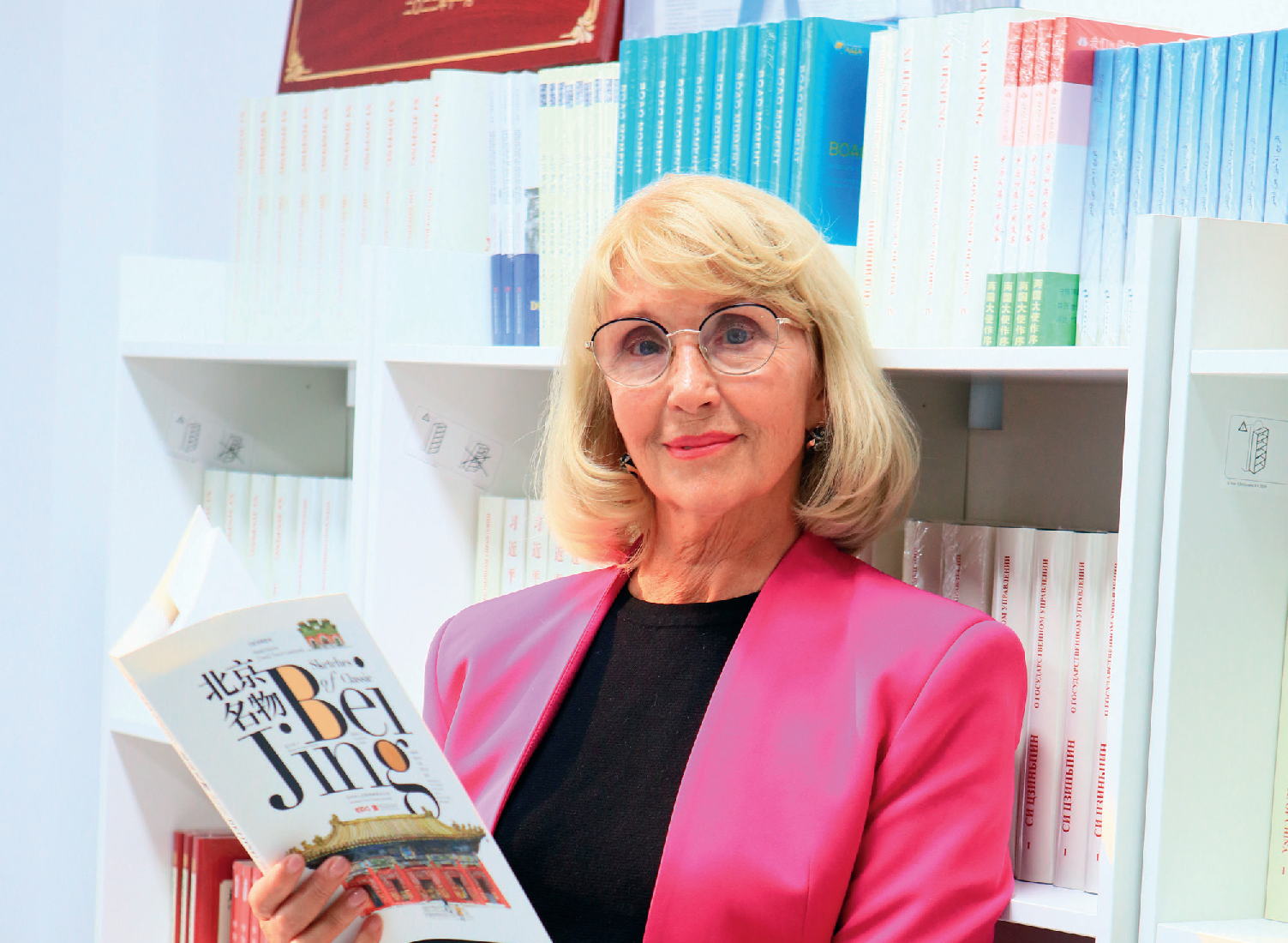A Scientist with the Golden Touch

The Ailao Mountains in Yunnan province in south China are a major gold belt but the gold is refractory or fine-particled and therefore challenging to extract using conventional cyanidation methods. Also, the concentrate itself contains a high volume of arsenic and sulfur, both toxic elements. Therefore, pre-treatment is required for efficient gold recovery.
Coming to China with her "secret weapon"
This is where Galina Sidyakina comes in with her "secret weapon".
Sidyakina is a renowned Russian scientist with numerous accolades. She had four significant aspirations when she embarked on her journey to China one decade ago.
Her dreams were to industrialize her laboratory's specialized research achievements, establish her own engineering research center, seamlessly integrate her global research teams, and most importantly, to see her research achievements fully realized in the industrial landscape of Yunnan.
In October 2023, she went to Yunnan to promote a special technology to process refractory gold concentrates. It integrates biotechnology, inorganic chemistry and metallurgy to create an eco-friendly alternative to traditional gold extraction methods. The process begins with the bio-oxidation of refractory ores, where microorganisms break down harmful elements like sulfur and arsenic, exposing the gold particles. A patented bio-leaching solution then dissolves the gold, enabling easy extraction without environmental damage.
The technology has been successfully commercialized in collaboration with a Chinese company and has already been patented in China. She says her bio-leaching technology can generate substantial economic benefits. Her plan is to set up a plant in Yunnan to process gold.
According to a local expert, the plant will be the province's only facility using bio-oxidation technology for gold extraction and will transform Yunnan's gold processing capabilities. The projected annual gold production is 1.2 tons, with an estimated industrial output value of 550 million RMB.
Sidyakina emphasizes the project's long-term vision, which is maximizing resource utilization, minimizing waste, and transforming resource advantages into industrial strengths. She also aims to develop a specialized technical team and cultivate local talent.
The environmental benefits will also be significant, she says, as this technology is a sustainable alternative to the toxic cyanidation method, reducing the environmental impact of gold mining. Sidyakina emphasizes balancing the economic and environmental benefits, adding that sustainable development should always be a priority.
Introducing the real China
This is not Sidyakina's first foray in China. She has been working with Chinese partners for a decade, spending two to three months each year in the country. She has noted the significant progress in both China's economic growth and social welfare. From her perspective, China's rapid development comes from its rich cultural heritage and the industrious, creative, and resilient nature of its people.
"The Chinese not only strive for their own prosperity but also contribute positively to the world," she says, adding that the Belt and Road Initiative is an example of this. It has benefited not only China and its partner countries but the world at large.
Recently, she visited Beijing, Shandong, and Yunnan, accompanied by her grandson. She wanted to introduce him to the "real China", a country far removed from the portrayals by Western media. She says young people like her grandson should experience China firsthand, forming their own opinions based on what they see, hear and feel. Like the many foreign experts drawn to China, she deeply appreciates the rich Chinese culture. She's particularly enamored with traditional Chinese medicine, having personally undergone acupuncture and cupping therapy, which she describes as "magical".
Sidyakina is also captivated by the cultural practice of square dancing, which is especially popular among the elderly. To her, it's a reflection of good health and a well-rounded lifestyle. In her opinion, China's robust social welfare system and its peaceful, stable society contribute to a high quality of life that deserves greater recognition on the global stage.
This article was edited and translated based on the Chinese version.






